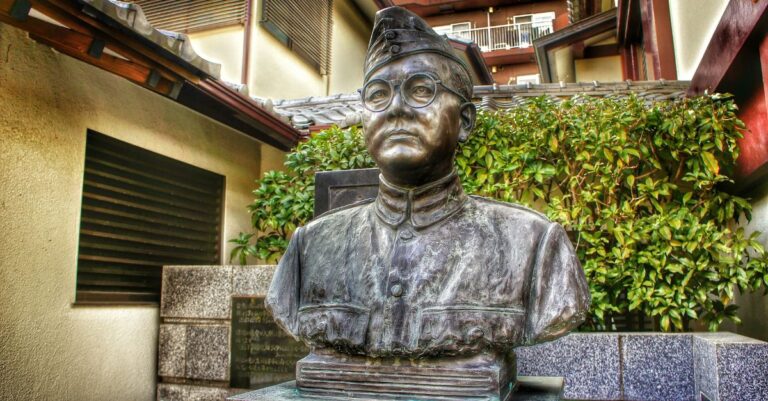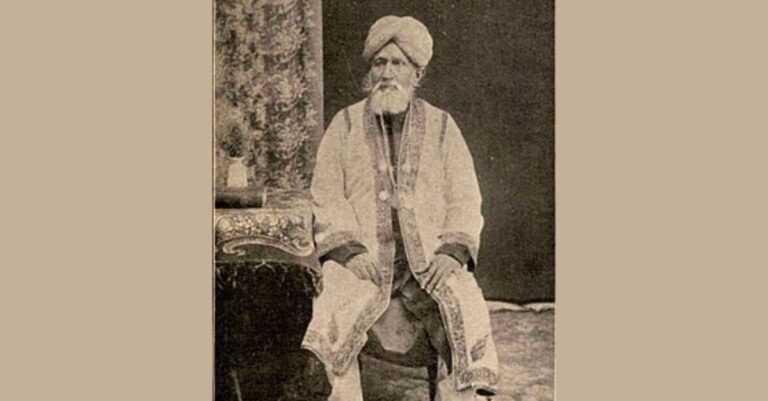By Shubham Sharma
PROFESSOR Amiya Kumar Bagchi is no more. He passed away on November 28 due to age-related health complications. He was 88 years old.
Professor Bagchi was a towering Marxist economist specialising in economic history and the political economy of India. He was a brilliant student right from his college days. He topped the University of Calcutta in the master of arts examination. He then went on to do a PhD in economics from the University of Cambridge.
His thesis was later published as Private Investment in India, 1900-1939 by the Cambridge University Press as part of the Cambridge South Asian Studies series. The work was a first-of-its-kind sectoral analysis of investment in cotton, jute, iron and steel, cement, sugar and paper industries in India.
Prof. Bagchi showed that the industrial development of India least occupied the attention of the imperial bureaucrats ruling India. Only some sectors were marked by growth which was the result of the British encouragement of foreign trade in keeping up the reputation of the government of India in the London money market.
He also showed that despite the budget surpluses emanating from the stability of the rupee under the gold exchange standard, the British government seldom invested in the development of India or reduced the tax burden on Indians. The tax system continued to be regressive, with land revenues constituting more than a third of the total revenues.
And when the imperial government decided to tweak income taxes, it ended up favouring rich traders, industrialists and lawyers. For all the brouhaha about railway construction by the British in India, Bagchi showed that for a country the size of (undivided) India, only 24,752 miles of railway tracks were open by 1900.
The railways did not play a positive role in the terrible famines of 1896-97 and 1899–90 as they were built mainly for military purposes. On the contrary, both the famines were aggravated by the lack of adequate railway connectivity.
Prof. Bagchi showed that India served as the biggest single market for traditional British exports (particularly cotton textiles) up to 1914, thereby powering the industrial revolution in Britain. India was never utilised as a destination for profitable investment by British nationals as they chose settler colonies for this purpose.
The situation is similar today. The Indian capitalist class is loath to (re)invest in India despite a massive corporate tax cut. Currently, the private capital formation in the Gross Domestic Product (GDP) stands at a measly 3.2 percent. Prof. Bagchi’s insistence on capitalism, both in the imperialist phase and the post-imperialist phase, being a predatory system, holds true.
In the essays collected in Colonialism and Indian Economy, published by the Oxford University Press, Prof. Bagchi further unmasked the role of British imperialism in de-industrialising India. In the chapter “De-industrialisation in Gangetic Bihar, 1809-1901”, he showed that from 1809 to 1901, the percentage of the population engaged in the local cotton industry fell from 60 percent to 15.2 percent.
The railways did not play a positive role in the terrible famines of 1896-97 and 1899–90 as they were built mainly for military purposes.
Through district records, he showed that the Manchester (locally called Markin) cotton invasion had outpriced the country cloth as a piece of country cloth cost ₹1–4 whereas a piece of Markin cost less than half of the price.
The impact of de-industrialisation did not fit in the traditional (and comfortable) shift of labour from one sector to another. Since sole dependency on agriculture was made difficult due to British policies, the out-of-job weaver seasonally shifted to agriculture and returned to his single handloom at home to produce coarse cloth for the poorer people.
Bagchi concluded, ‘‘The survival of the handloom industry was more an index of the poverty of agriculture to which the policies pursued by the British government pushed the weavers and of the generally low level of ordinary Indians than of any innate strength of the handloom industry under the conditions of capitalist colonialism.’’
The process of de-industrialisation also had a domino effect on other industries such as tent-making, making of the ornaments of lac, bidriware, glasswork, making of toothpowder, manufacture of sindur and blanket weaving.
Another important contribution of Prof. Bagchi was the article “Some International Foundations of Capitalist Growth and Underdevelopment” published in the Economic and Political Weekly in 1972. Among many important claims in the article, Prof. Bagchi showed that the assumption mainstream economists had about investment profitability in new industrial countries of North America in the 19th century was flawed as it did not take into account the exploitation of China, India, Indonesia and Latin American republics.
It was not the competitive mechanism of trade (as mainstream economists would have it) but various forms of monopoly, pre-capitalist modes of exploitation, political control, violence and plunder that served as the instruments of unrequited surplus extraction. Every student of economics should read this paper before the spell of mainstream economics is cast on them.
In 2005, Prof. Bagchi published his magnum opus Perilous Passage: Mankind and the Global Ascendancy of Capital. The book was a response to The Wealth and Poverty of Nations by David Landes.
In 2005, Prof. Bagchi published his magnum opus Perilous Passage: Mankind and the Global Ascendancy of Capital.
Landes’ book served as an imperialist apologia as it tried to show that the wealthier nations of the global North diverged from those of the global South because of their ingenuity and inventive prowess.
Landes perhaps did not know that European countries had imposed tariffs and duties on Indian cloth in the 17th century. For instance, in 1685, England imposed a 10 percent duty on all imported Indian cloth. In 1690, the tariff was doubled. In 1701, the English Parliament outlawed the import of all printed cotton from India leading to the importation of plain calicoes for further processing leading to a huge boost to English calico printing.
In 1775, France completely outlawed the import of Indian printed textiles for the ‘protection of the national industry’. Only cotton textiles for import to the Guinea coast were allowed because slaves in Africa could only be obtained by exchanging them for pieces of cotton from India.
Nor was inventiveness a prized possession of Europe as Landes would have it. The Mayor of Danzig, according to an account written by Abbé Lancellotti in 1579, had the inventor of a very ingenious weaving machine secretly killed.
Overall, Prof. Bagchi authored nine books and edited nine volumes. He regularly contributed to stellar Indian journals such as Economic and Political Weekly and Social Scientist.
I would like to end my tribute on a personal note. I have personally known Prof. Bagchi for a little over four years. Whenever I was in Kolkata, I met him at his place and had lunch with him.
Conversations ranged from the rivalry between Stalin and Trotsky (he sided with the latter), the nature of the Soviet Union, the rise (capitalist) of China, Tagore and the latest titles on political economy.
In 2005, Prof. Bagchi published his magnum opus Perilous Passage: Mankind and the Global Ascendancy of Capital.
He was always eager to comment on my writings as he was the first person to whom I would send the initial draft. In his death, I have lost a mentor and comrade. I am sure that this loss will be shared by those who were his direct students at the University of Cambridge, Presidency College, Centre for Studies in Social Sciences and the Institute of Development Studies, Kolkata.
In his death, Marxism has lost a knight. In his death, Indian academia has lost a gem. His shoes are too big to fill. Adieu Comrade!
First published in The Leaflet




